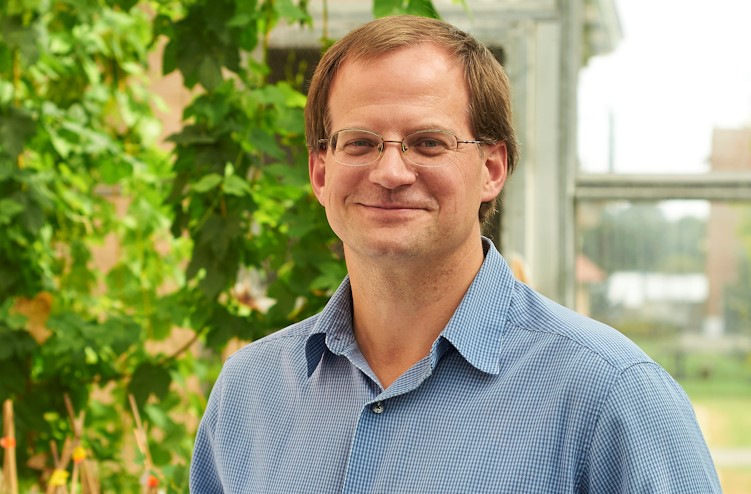91ÉçÇř has become a leader in cannabis science

The 4th , to be held May 5–6 at the RI-MUHC, brings together top researchers as well as investigators, policymakers and industrial stakeholders from across Canada and around the globe. Among the speakers are Allyn Howlett and Bruce Bugbee, two of the most influential scientists in cannabinoid and cannabis research.
The event is co-hosted by the  (MRCC) and  (QAQCC). MRCC has emerged as a world leader in multidisciplinary cannabis science, while QAQCC has trained over 50 graduate students at three participating universities, mostly at the MSc level, in different cannabis research areas including quality assurance and quality control.
With over 60 affiliated investigators across the Macdonald and downtown campuses and the Research Institute of the MUHC, the MRCC has a broad focus: everything from cultivation and production to biomedical applications and policy.
The symposium reflects the educational facet of MRCC’s work, which also includes online short courses covering the journey of cannabis “from plant to people,” delivered in partnership with international institutions, including one in Malta.
“We’ve gone from planning future research to seeing trainees share the impactful work they’re doing right now,” said , Director of the MRCC, and Associate Professor in the Department of Medicine.
Quality control, quality assurance

Legalization created major opportunities for Canadian cannabis companies, but inconsistent and non-validated methods led to variability in yield, potency and product quality.
To addressing a critical workforce gap, MRCC helped create QAQCC in 2020, thanks to the NSERC CREATE initiative.
“More than half of our trainees have gone on to work in the cannabis industry or with government agencies, applying their training to improve standards and methodologies. Some have joined Health Canada, while others have taken roles overseas, contributing to cannabis operations or regulatory work abroad,” said Mark Lefsrud, QAQCC Director and Associate Professor of Bioresource Engineering. “A number of our trainees also transition into indoor agriculture, as the skills and knowledge are highly transferable across controlled environment systems.”
The work at the QAQCC covers everything from seed germination and extraction to post-harvest processing.
“As our research evolved, we began collaborating with Carolyn Baglole on preclinical studies. We test our cannabis extracts on cell cultures to examine their biological effects and underlying pathways,” said Lefsrud. “While we don’t conduct clinical research, our work contributes valuable preclinical insights.”